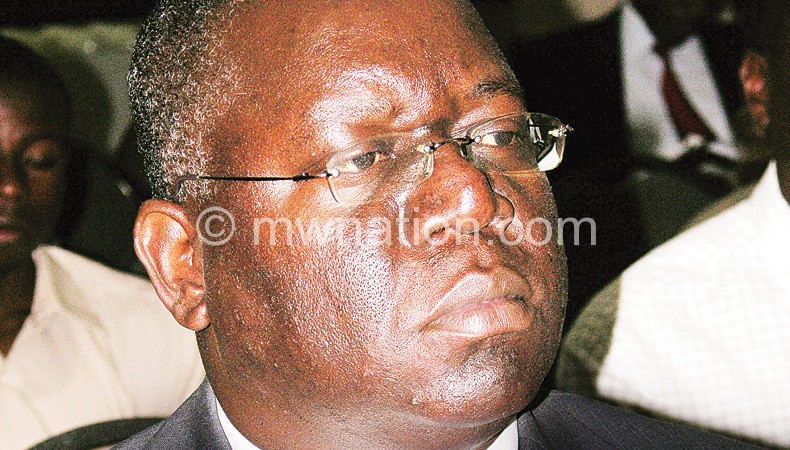MRA no longer trade barrier, says Kamoto
Newly appointed Malawi Revenue Authority (MRA) commissioner general Ralph Kamoto has assured that the public tax collector is no longer a barrier to trade, but rather a facilitator of legitimate trade.
MRA has over the years been accused by some business operators of inefficiencies and, in some cases, harassment and inflating duty on imported goods, allegations that have always been dismissed by the tax collector.

Just recently, some Malawian business operators of Asian origin obtained an injunction stopping MRA from implementing the newly introduced Electronic Fiscal Devices (EDF), as a collecting mechanism for value added tax (VAT) introduced in March this year, citing a number of irregularities in terms of pricing.
“Our goal is to facilitate legitimate trade by providing more efficient and speedy services in line with best practices and implementation standards,” said Kamoto on Wednesday at the presentation of certificates to customs clearing clerks at the Institute of Tax Administration in Blantyre.
He said MRA has the mandate of ensuring that government has adequate revenue to finance development projects, and also promote voluntary tax compliance and facilitating legitimate trade.
Kamoto, however, said this task is further complicated when their partners have inadequate understanding of tax process and procedures.
“This has been the unfortunate experience with the clearing and forwarding community. The first contact point of importers with the tax authority is the clearing agents. A clearing agent is supposed to classify goods, value them and determined the country of origin to arrive at the correct customs duty,” he said.
The danger is that without adequate knowledge of classification, valuation and rules of origin, clearing agents will enter incorrect data in the customs systems, said Kamoto, adding that the failure to detect these errors leads to loss of revenue.
MRA has just beaten its annual revenue target by 14 percent, collecting K393.46 billion in the 2013/14 fiscal year beating its projection of K345.11 billion, the tax collector’s outturn for June 2014 has indicated.
But MRA failed to meet targets in a number of taxes, attributing it to underperformances in all tax components except local value added tax (VAT), local excise and turnover and international trade taxes.
But Kamoto assured that this financial year, the situation is bound to change, banking hopes on the anticipated economic growth.
He said MRA will continue to modernise its operational procedures and systems to enhance taxpayer service and reduce compliance cost of taxpayers.
On the part of clearing agents, Kamoto said MRA will encourage voluntary compliance by risk profiling clearing agents and importers, meaning that clearing agents and importers with a negative record will be subjected to tighter scrutiny at the border.





